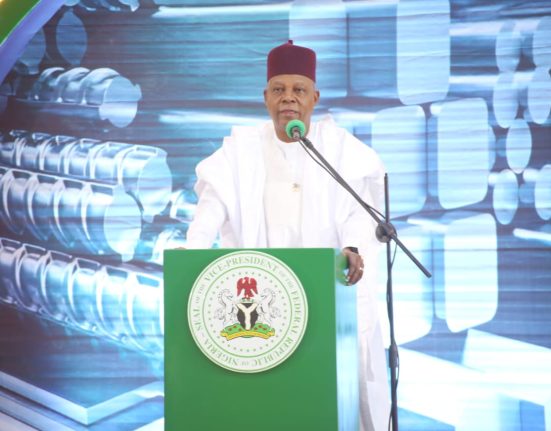Minister of Education, Dr. Tunji Alausa, has made a passionate appeal to stakeholders in Nigeria’s Colleges of Education to embrace bold reforms aimed at restoring the prestige and functionality of these institutions. He emphasized the urgent need to change the negative narrative surrounding Colleges of Education and Polytechnics, which are often unfairly perceived as inferior to universities.
Speaking during a stakeholders’ engagement forum in Abuja, Alausa stressed that these institutions play a pivotal role in national development by producing skilled educators and technical experts essential to Nigeria’s socio-economic growth. He lamented the steady decline in student interest and enrollment, attributing it to deep-rooted societal biases and misinformation.
“There is a negative perception around these institutions, as they are often viewed as inferior and second class. These assumptions are absolutely not true,” Alausa stated, calling for a nationwide reorientation to reposition technical and vocational education as viable and respectable career paths.
As part of the Federal Government’s strategy to overhaul the educational sector, Alausa disclosed plans to implement a more practical-oriented curriculum across Colleges of Education. The new model will prioritize hands-on training—80 percent practical and 20 percent theoretical—in a bid to produce graduates equipped with job-ready skills. He maintained that this approach will help bridge the unemployment gap and boost Nigeria’s technical workforce.
“We are going to realign our educational system to meet the needs of Nigerians,” he declared, highlighting the importance of making education more responsive to the nation’s economic realities.
The Minister also acknowledged the poor state of infrastructure and chronic underfunding that continue to undermine the quality of education in Colleges of Education. He assured that the government is committed to modernizing learning environments, equipping laboratories and workshops, and increasing financial support for teacher training institutions.
In addition to infrastructure, Alausa announced the government’s plan to expand social programs targeted at increasing school enrollment and retention. Initiatives such as school feeding programs, conditional cash transfers, and inclusive policies for out-of-school children are expected to play a critical role in addressing the high learning poverty in the country.
To ensure these reforms are effectively tracked and implemented, Alausa introduced the Nigerian Education Data Initiative (NEDI)—a centralized data platform that will aggregate and manage all critical education data across the country. The platform is designed to enhance data-driven policymaking and resource allocation, ensuring transparency and accountability.
“NEDI will provide this vital foundation, consolidating all critical education data in Nigeria into a harmonized databank and unified platform,” the Minister noted.
Dr. Alausa’s renewed call to action serves as a reminder that meaningful progress in the education sector will require the collective commitment of policymakers, educators, development partners, and society at large. By prioritizing reform, inclusiveness, and innovation, Nigeria’s Colleges of Education can be transformed into hubs of excellence and relevance in the 21st century.







